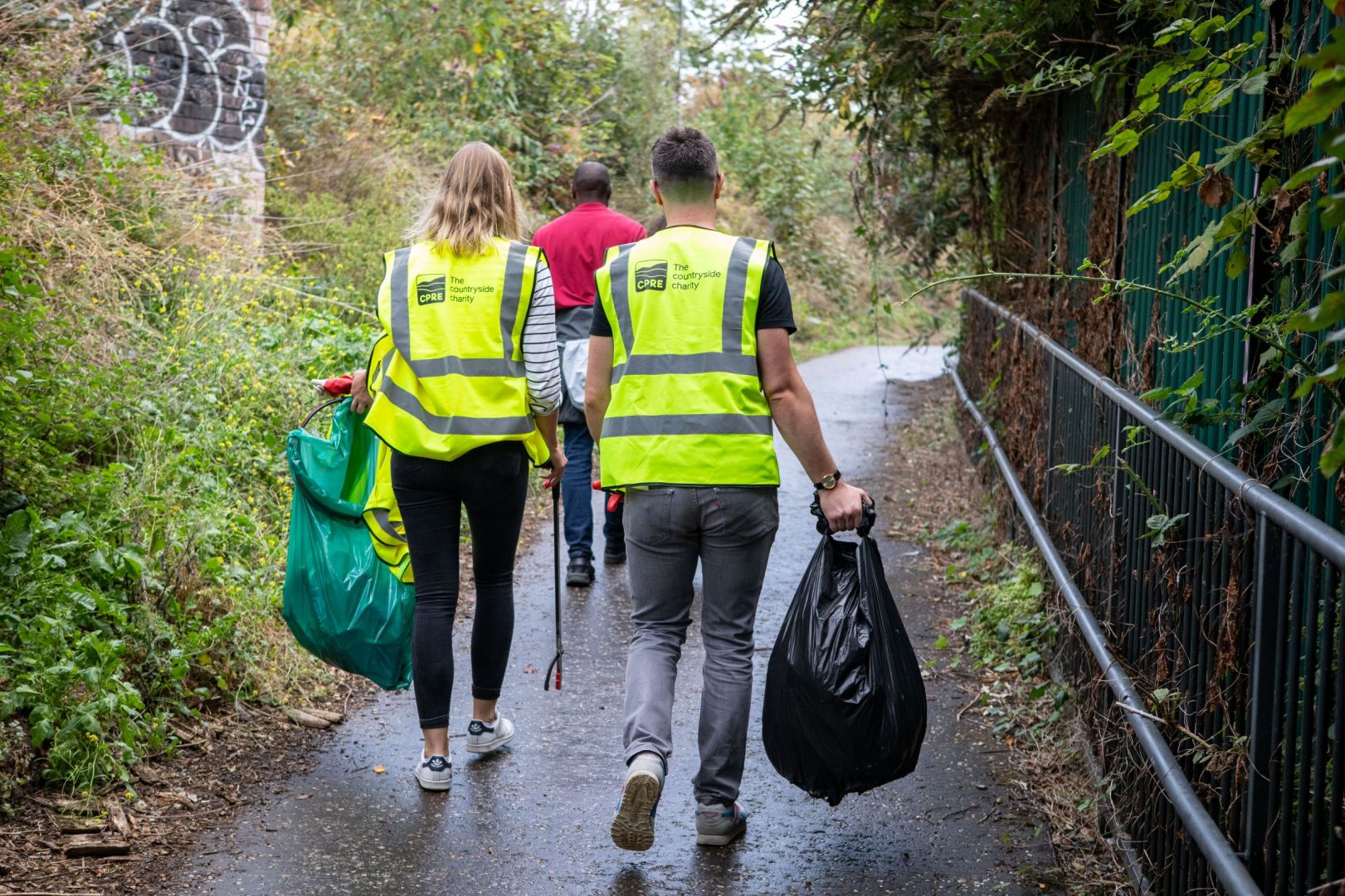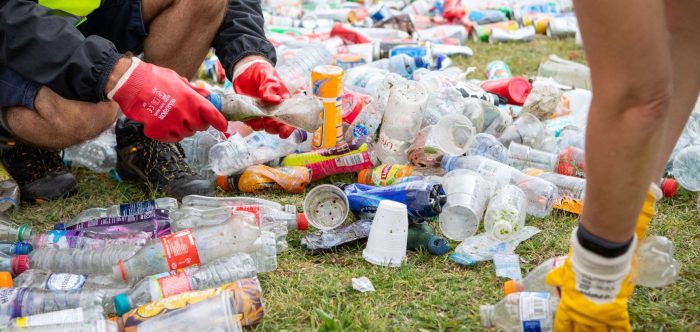What redress does the public have?

Local authorities and other relevant bodies have duties to clear litter. If these organisations do not fulfil their duties, individuals may be able to take action.
Under the Environmental Protection Act 1990, Section 89(1), places a duty on certain bodies to ensure that their land (or land for which they are responsible) is, so far as is practicable, kept clear of litter and refuse. These relevant bodies are:
- principal litter authorities
- appropriate Crown authorities
- designated statutory undertakers
- governing bodies of designated educational institutions
- local authorities concerning any relevant highway for which they are responsible
- the secretary of state concerning any trunk road that is a special road and any other relevant highway or road for which he is responsible
In circumstances where these organisations have not fulfilled their duties to clear litter, individuals may be able to take action.
Reporting a litter problem
Individuals can report litter problems via the local government website, district and borough council websites and apps such as Littergram. If action has not been taken to address the problem, they can approach the local authority’s environmental health department.
Under Section 79(1) of the EPA 1990, the local authority is required to take such steps as are reasonably practicable to investigate the complaint. The local authority may issue what is called an ‘abatement notice’ which is designed to prohibit or restrict the activity and thus prevent the nuisance recurring (S.80 EPA 1990). People or businesses not complying with such an order may be guilty of an offence.
It is important to remember that even if the person making the complaint wins the case, the defendant may not comply with the court order, which will require further court proceedings, entailing additional time and costs to try to enforce the judgement.
Private prosecution
It may be possible for an individual or organisation to pursue a private prosecution against someone believed to have littered, under Section 6(1) of the 1985 Prosecution of Offences Act.
Such a claimant would be advised to ensure that they have good quality, reliable evidence of the offence being committed and should be aware of the costs involved in bringing a private prosecution.
Nuisance
Littering may qualify as nuisance and there are three ways of dealing with this: Statutory, Public and Private:
Statutory nuisance
Generally, Section 91 of the EPA 1990 is most appropriate to use as it is specifically directed at litter but in certain circumstances, littering can constitute a statutory nuisance under Section 79 of the EPA 1990.
Here there is the additional requirement that the litter be an ‘accumulation or deposit’ which is ‘prejudicial to health or a nuisance,’ or that ‘any premises’ are ‘in such a state’, presumably due to litter, as to be ‘prejudicial to health or a nuisance’.
Public nuisance
Public nuisance is a crime and is defined as something which ‘materially affects the reasonable comfort and convenience of life of a class of Her Majesty’s subjects’. For example, if the nuisance involved interference with a pavement or footway through littering, then it follows that pedestrians would be a ‘class’.
Private nuisance
Private nuisance requires an unreasonable use of land by the defendant leading to an ‘unlawful interference’ with a person’s use or enjoyment of land, over which they have a legal interest, that causes damage — either to the land or damage to health which impairs the use or enjoyment of the land.
In private nuisance, the claimant must have some legal interest in the affected land, such as being a neighbouring land or property owner. As a result, private nuisance is often a claim brought between neighbours. It is possible that someone whose land is affected by littering, for example, arising as a result of having litter blown onto his property, or if the neighbour’s property is so littered with rubbish that the claimant’s property value has decreased, then they could pursue a claim for private nuisance.
To be regarded as a nuisance, it should meet the test of being regarded as a nuisance by a ‘reasonable person’. It is possible, therefore, to sue the person responsible for the littering which caused the nuisance. In most cases of private nuisance, it will be the occupier of the land who is sued.
Negligence
In certain circumstances, littering can give rise to claims for damages due to negligence if it causes personal injury.
An example could include someone slipping on a banana skin while walking across a train station. The train station owes a ‘duty of care’ towards lawful users of its premises, part of which is to keep frequently used pedestrian areas clear of dangers.
A stronger claim would arise if the banana skin had clearly been in place for a relatively long period of time, as cleaning of the areas will be measured against reasonably expected standards.
Public law actions: judicial review
An individual, group or organisation can bring an action for judicial review where an official or public body has failed to perform a mandatory public duty – for example, a local authority has failed to carry out its duties under Section 89 of the EPA 1990.
Litter is arguably an environmental issue and, as such, while judicial review proceedings are very costly, the expense of bringing the case should be reduced by a mandatory costs cap. The costs cap forms part of a policy to guarantee access to justice at an affordable rate in environmental matters. It will also mitigate some of the risk of bringing court proceedings, by limiting the claimant’s liability to pay the defendant’s costs to £5,000 (if an individual) or £10,000 (if an organisation) should the claimant lose the case.
The court is able to make a mandatory order requiring the local authority to perform its function, such as to carry out its duties and clean the highway. Compensation is unlikely as it is rarely awarded in judicial review cases.





